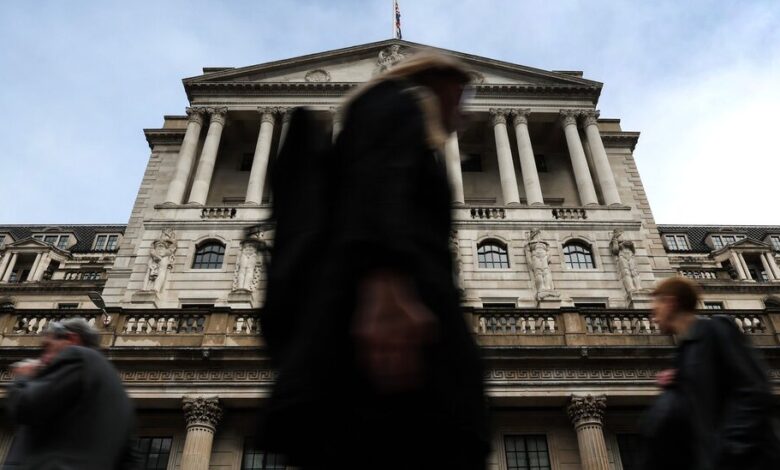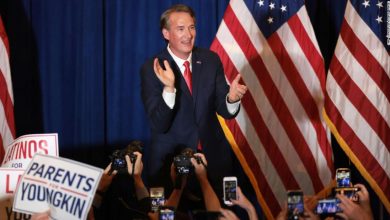The Bank of England Raises Rates Again

At the bank’s last meeting, in late June, policymakers unexpectedly raised interest rates by half a percentage point, citing the persistence in inflation after data was surprisingly high, even as they acknowledged the painful impact it would have on people who need to reset the interest rates on their mortgages.
Bank officials said that they expected inflation to continue to fall throughout the rest of the year, to just below the 5 percent, with much of the decline driven by lower household energy bills. Inflation wouldn’t return to the central bank’s 2 percent target until the first half of 2025. This was based on the assumption that the bank’s interest rate would stay above 5 percent through 2025, as implied by trading in financial markets. That said, there was uncertainty around these forecasts, the bank said, and the risk was that inflation would turn out higher than expected, rather than lower.
The bank marginally raised its forecasts for economic growth this year, to half a percent from a quarter point, because low unemployment has served to support household incomes. But the bank said the economy would grow more slowly than previously expected for the next two years as higher interest rates took their toll, weakening business and household investment and weighing on consumer spending.
The Bank of England was the first major central bank to respond to prices that were jumping higher when it raised rates in December 2021. But since then policymakers have come under intense criticism. Some critics have argued that the bank responded too slowly, and then too weakly, to inflation. Now, some worry that policymakers will overcompensate and raise interest rates higher than necessary, causing needless economic pain.
Last week, the central bank announced that Ben Bernanke, the former Federal Reserve chair, would lead a review into the bank’s forecasting, which is used to support monetary policy decision making. Mr. Bernanke led the Fed from 2006 to early 2014, through the financial crisis and the use of unprecedented monetary policy tools, such as quantitative easing.
In a statement, Mr. Bernanke said: “Forecasts are an important tool for central banks to assess the economic outlook. But it is right to review the design and use of forecasts and their role in policymaking, in light of major economic shocks.”




